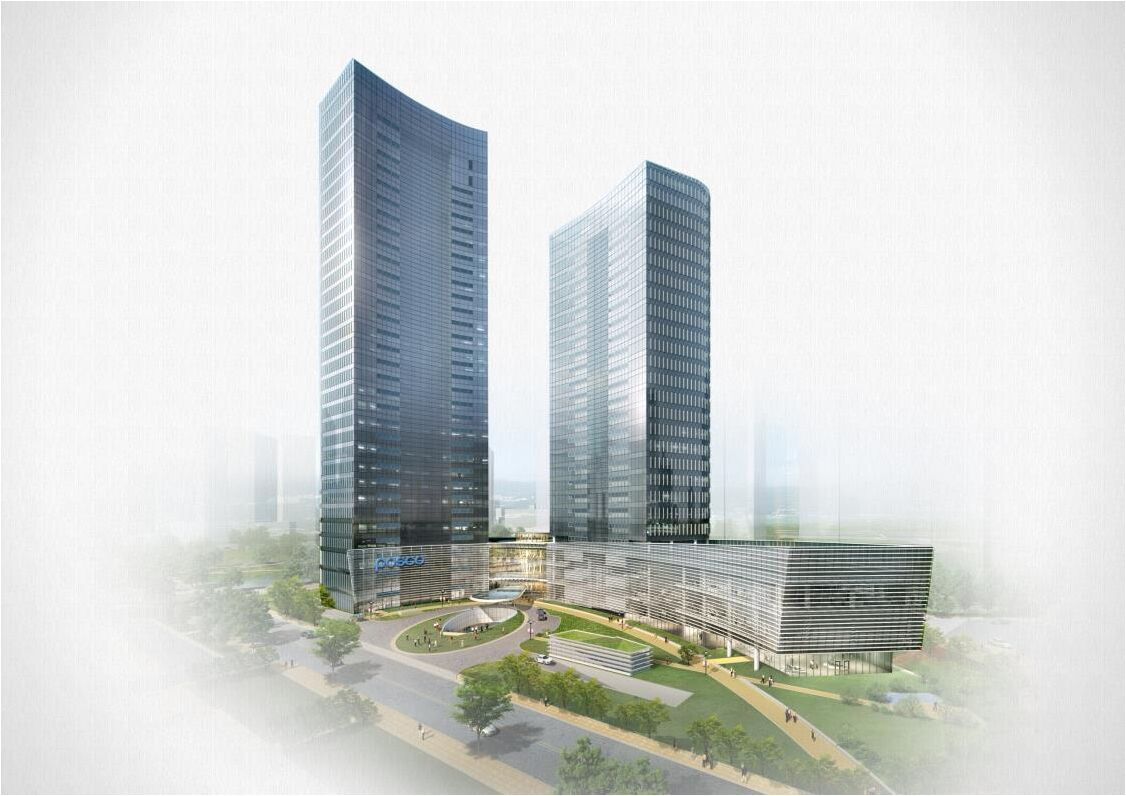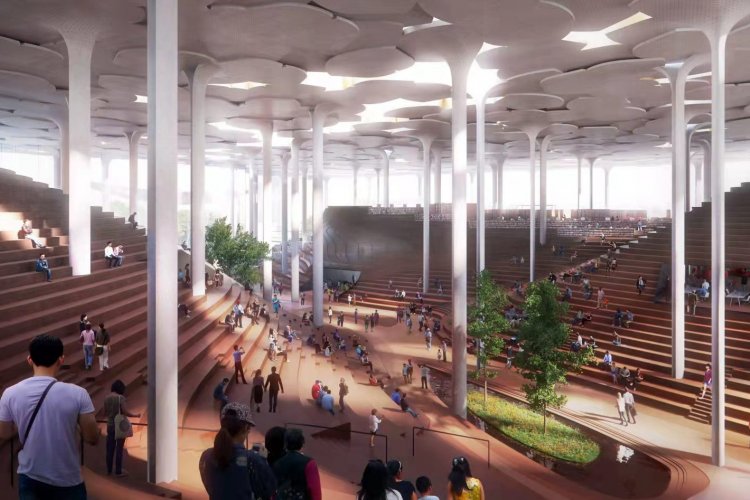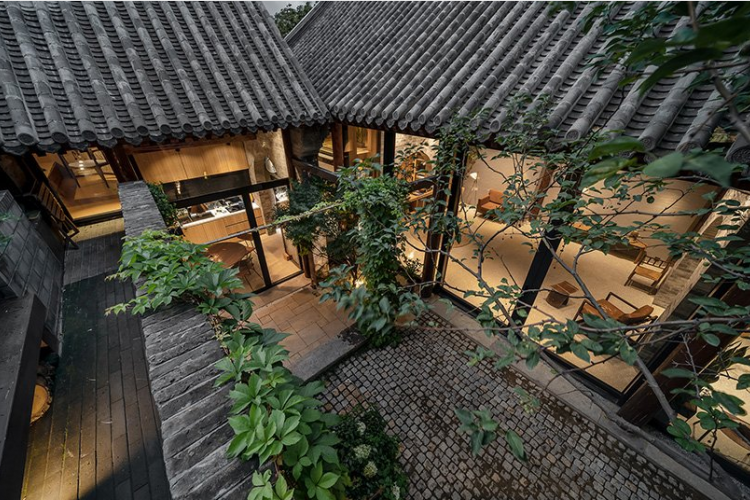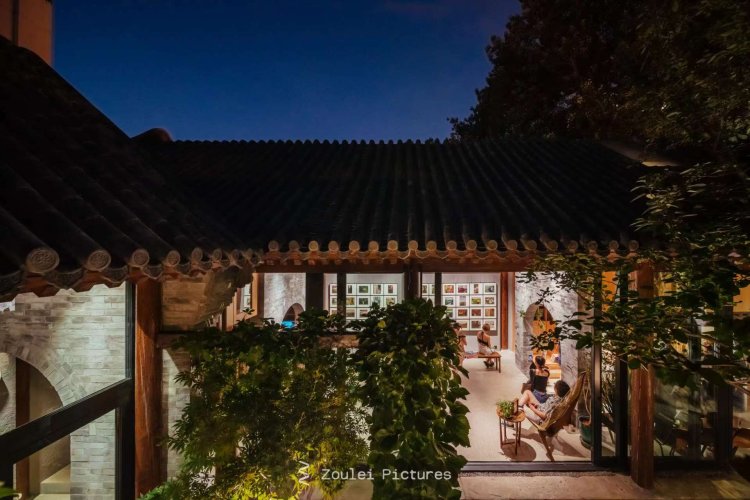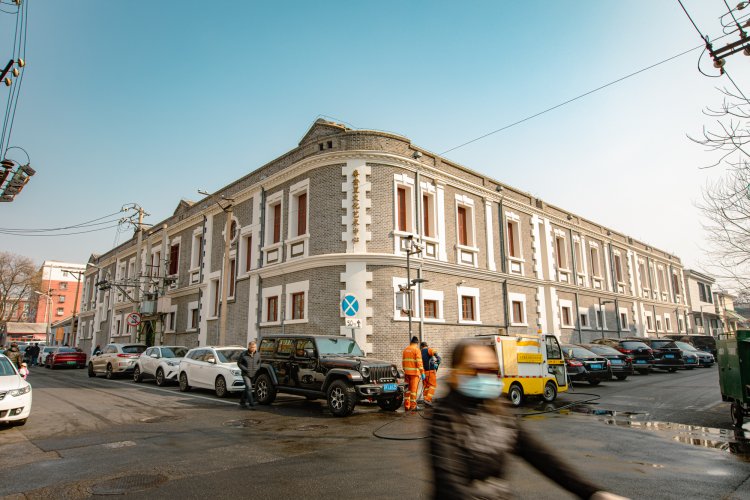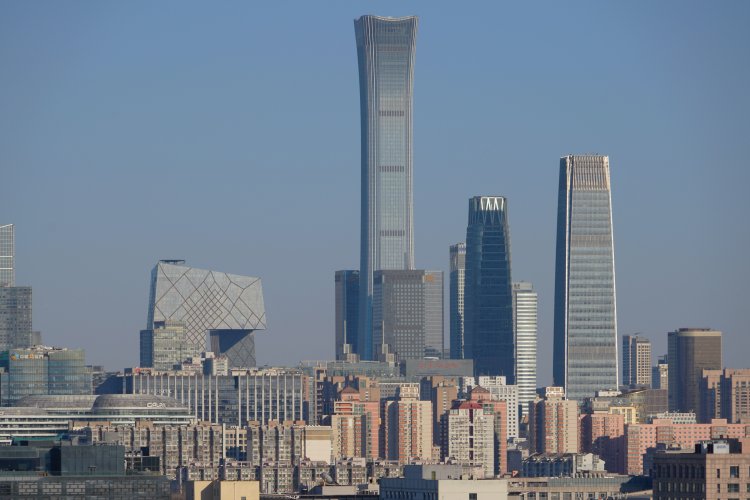Should We Try Something Else?
This post is sponsored by POSCO
China’s white-collar workers have toiled tirelessly to be where they are. But to what avail? The thought of a desk job in a lofty high-rise may have seemed heavenly when these would be employees were in the midst of studies for their high stress high school exams, or when they began filling out university applications. But for many, those efforts have bared meager returns – a cramped cubicle lit by dim florescent bulbs, fierce competition from colleagues in neighboring pods, and daunting workloads. According to one recent BBC article, one of the issue’s root causes is the sheer dearth of such workers, thanks to the rising number of Chinese university graduates, a record breaking 7.26 million in 2014, which is seven times the rate of a decade and a half ago. As those employees clamor to get and keep such jobs, they feel little agency to improve their cramped, uncomfortable working conditions.
Fortunately, some employers and designers are aiming to provide these hardworking, too often marginalized workers with more suitable facilities. One such cutting edge locale will be the new POSCO Center Beijing. This sleek, modern, pair of Wangjing high rises is sure to bolster employees with a design that finally suits their needs.
One of the facility’s key features is not its chic decor or slick gadgetry, but instead something far more natural and down to earth. The center’s entryway will boast a lush sunken garden, a resting garden with a glistening pond, and an outdoor garden with, according to a press release, “verdant green spaces and walkways that are interlaced with sitting spaces that create a natural resting space for staff.”
The POSCO Center’s designers know that such vegetation will be so much more than aesthetically pleasing. According to a recent article in the Guardian the mere addition of “office plants are shown to boost productivity by 15 percent.” The author then rhetorically asks: “How much more would a park on your doorstep achieve?”The incorporation of such lush greenery, in what would have conventionally been concrete jungle settings, is being referred to as “biophilia”by many urban planers and designers. According to Powerhousegrowers.com, biophilia is becoming a crucial workplace practice as it becomes “widely accepted that humans are instinctively connected to nature and need to maintain this connection in order to be happy and healthy. A lack of natural elements in an office can over time, negatively impact an employee’s health and wellbeing, ultimately leading to lower productivity.”
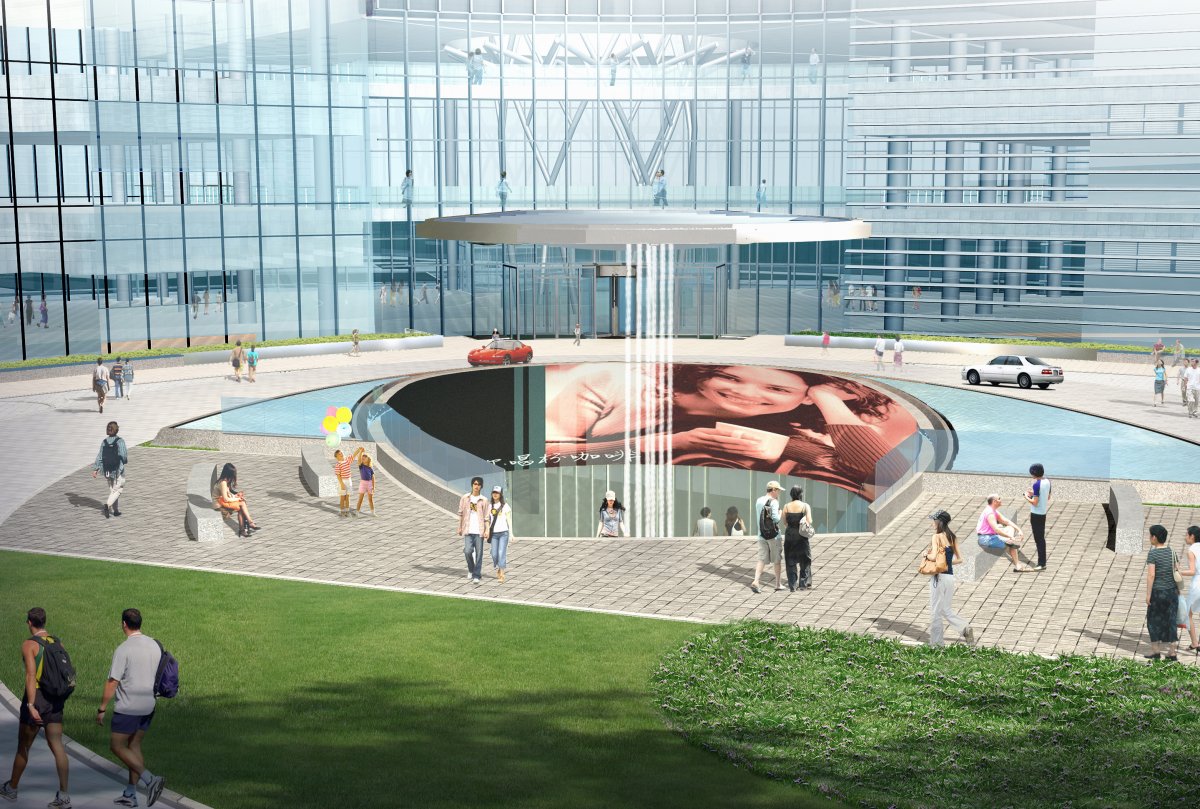
POSCO’s dedication to lacing its office buildings with lush vegetation has proven successful at its already established centers in other major Asian metropolises. Several Flickr accounts have been dedicated to the greenery at the POSCO center in Seoul, Korea. The newer Beijing facility employed such green thinking before even laying a single brick in the building’s foundation. Back in May of 2013, several POSCO employees volunteered to plant trees at the Dawangjing Park near the construction of the new twin towers. The company described the initiative on its blog.
These green designs fall in line with POSCO’s efforts to build the world’s most sustainable buildings. The company’s website outlines the attributes of its sleek, futuristic structure flagship NEATT tower in Incheon Korea. Its innovative features include construction with strictly non-toxic materials along with day-to-day measures like electricity saving light systems, natural ventilation and energy efficient HVAC systems.
Aside from the utilization of vegetation, POSCO will also take a natural approach to its new facility’s lighting. Instead of dimly lit, cubicle rife common areas, the center will use spacious workspace with large windows, incorporating as much natural light as possible. Several experts tout the benefits of such an innovative, naturally lit workspace layout, over conventional windowless office spaces that deprive employees of the healthy rays they need to reach peak performance.
Dr. Phyllis Zee, a neurology professor at Northwester University Feinberg School of Medicine, was quoted in a recent Health Day article as saying: “There is increasing evidence that exposure to light, during the day – particularly in the morning – is beneficial to your health via its effects on mood, alertness and metabolism …” Dr. Ivy Cheung, who co-authored a study about the subject with Zee, added: “Light is the most important synchronizing agent for the brain and body,” and the article also quoted the study’s other coauthor, Mohamed Boubekri, as saying that architects and designers must be more contentious of such needs when drafting their blueprints. Another article on andrewjensen.net echoed that sentiment, before citing a study that said: “Natural lighting renovations have been shown to result in happier workers, less absenteeism, and fewer illnesses, and, because better lighting encourages satisfaction among workers, it also results in increased productivity.”
The new POSCO center’s lighting and vegetation elements will converge on the facility’s rooftop garden. The staff can spend their breaks perusing the sun drenched plots of vibrantly colored flowers on that upstairs oasis, making it the perfect place for a wholly natural reprieve from the grind of daily office work.
POSCO also applies that sustainable outlook to the employees that mill about its buildings. Aside from the incorporation of natural lighting and biophilia – the second of which gives workers a breath of fresh air and a vibrant backdrop – the new Beijing center will further those efforts with conveniences like banking facilities on the ground floor, and a “global F&B space,”which, according to a press release, is “comprised of cuisines from many different countries and a premium staff canteen that enables you to enjoy a variety of delicious food.”
The building’s very location is a testament to the designers’ innovative thinking – they chose to build not in one of Beijing’s already congested zones, but instead the burgeoning Wangjing area, colloquially known as the “new CBD.” The complex is conveniently placed in a central neighborhood between the airport and the downtown core, situated near the Airport Expressway and the Fourth Ring Road, making the center highly accessible. It also boasts easy access to the lines 13, 14 and the soon-to-be-constructed 15 on the subway, and the nearby Wangjing Park just adds to the area’s charm.
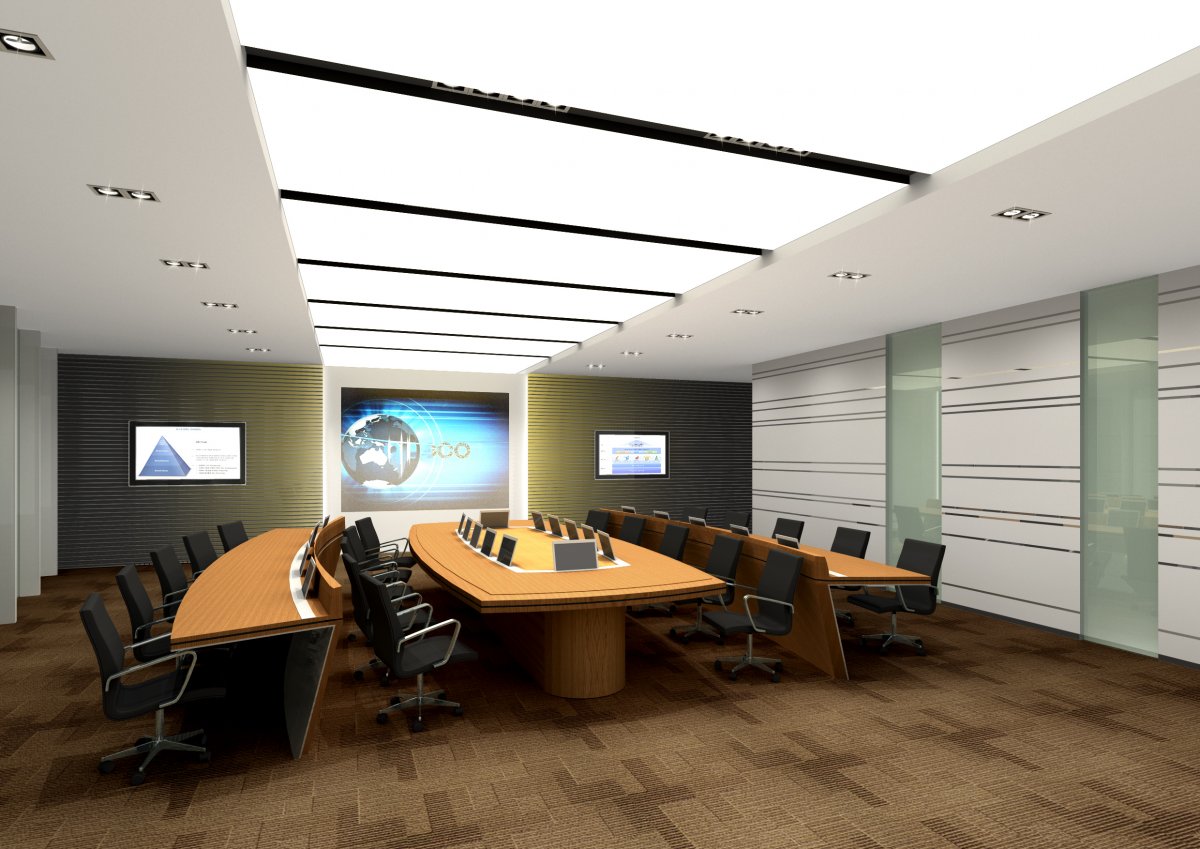
Day-to-day tasks will be augmented by the facility’s state of the art boardrooms, which are outfitted with top-notch video conferencing systems. POSCO Beijing will also have a fitness club and other similar lifestyle facilities like a woman’s makeup room, a maternity center and more, making the center a holistic locale for employees seeking convenient ways to maintain a healthy work-life balance. POSCO believes that these thoughtful designs will help bring the building’s staff superior comfort in both their work routines and overall lives. In the company’s eyes, these features will make the facility more than merely a work space, but also a place for intelligent offices that will make employees feel respected and cared for.
Indeed, studies have determined that such wellness facilities produce lasting results. For instance, a Toronto Star article focused on Michael Amernic, a personal trainer and fitness consultant that works with offices to help them offer wellness programs to their staff. Amernic told the article’s author that such program “lead to increased productivity, enhanced morale, lower health costs and reduced absenteeism for the organization,”and the story went on to site a U.S. Centers for Disease Control and Prevention study that has “found that healthier employees are less likely to call in sick, reducing the costs of sick leaves for a business.”A Spark People article, also points out that such programs can reduce stress and benefit employees because “not only will you be more able to complete your job responsibilities, but you will have more energy and vigor to give to your family and friends when you get home.”
As China’s white collar workers contend with the fast paced, hyper competitive lifestyle of their country’s quickly evolving corporate culture, POSCO is clearly doing its part to empower those employees, building prosperous, sustainable spaces where they can thrive and finally have their ambitions realized.
Photos courtesy of POSCO

